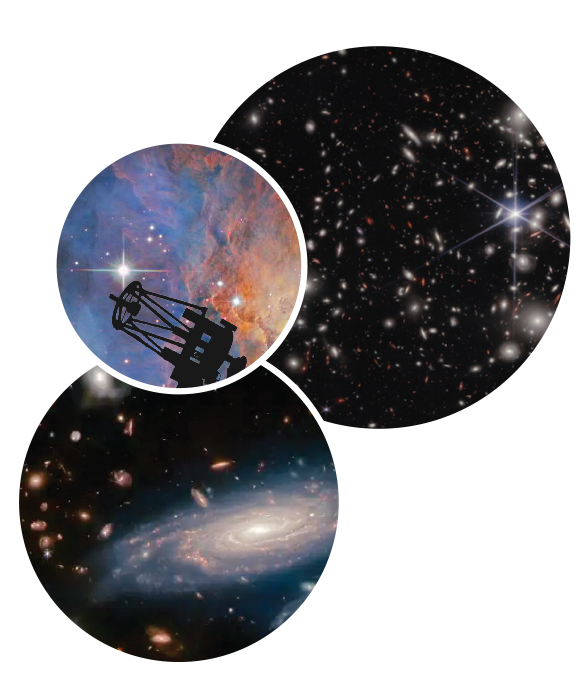The advent of robotic telescopes that enable remote—even unattended—collection of photometric, spectroscopic and even radio telescope observations, the proliferation of archival data that can be accessed anywhere, by anyone, to make new discoveries, and the availability of advanced computing resources, provide opportunities for 21st century Astronomy students to learn and participate in modern Astronomy—even in introductory courses.
Instead of direct transmission lecturing at our students about all the amazing discoveries astronomers have made, about all the things we’ve learned about our universe, we now have the option for them to BECOME the astronomers, by letting them collect their own observations – or utilize online repositories of high quality data – to make those discoveries for themselves!
We have entered a new era in Astronomy Education, in which mastering Astronomy concepts through lectures, textbooks, and simulated experiments are being replaced by data-focused learning that provides a more authentic experience for introductory Astronomy students. This allows us to address many important open questions in the field.
It is the intention of this meeting to make a concerted effort to work on answers to these questions as well as provide skills, techniques and experience for those yet unaware of the great changes that have occurred in the past decade.
This three-day meeting will discuss six main themes that will guide the evolution of astronomy education in the 21st century
Within each theme we have a range of “dangerous questions“
To discuss and experience the current state of our field and the objectives of modern Astronomy classrooms, the resources available to 21st Century Astronomy students, and the formation of a decadal plan for our rapidly evolving field.
If you want to be kept informed about the meeting,
sign up to our AstroEdUNC mailing list

Organizing Committee:
Local Organizing Committee:
Registrations for the inaugural AstroEdUNC meeting are now open!
Early bird registrations close:
April 15, 23:59 am EDT
Use Promo Code: EARLYBIRDASTROEDUNC2024
Registrations close: May 27, 23:59 am EDT
Note: Prices do not include Tax charges, these will be calculated when you register
If you prefer to stay in a hotel and bask in the glory of luxury, then we have prepared a list of hotels below